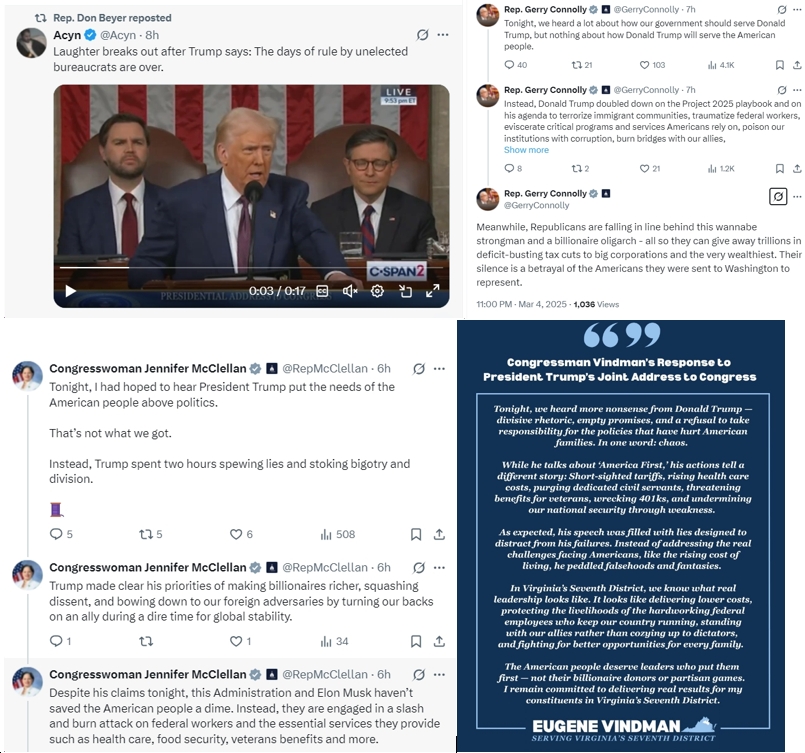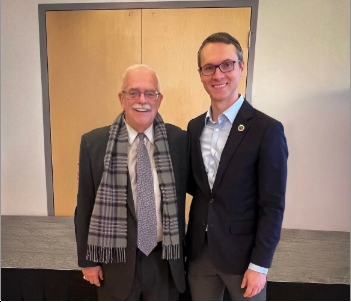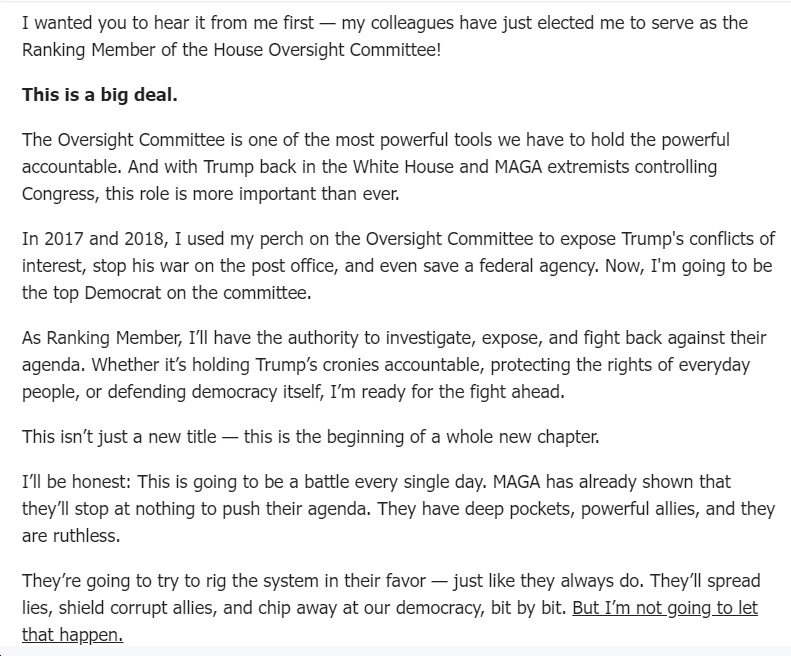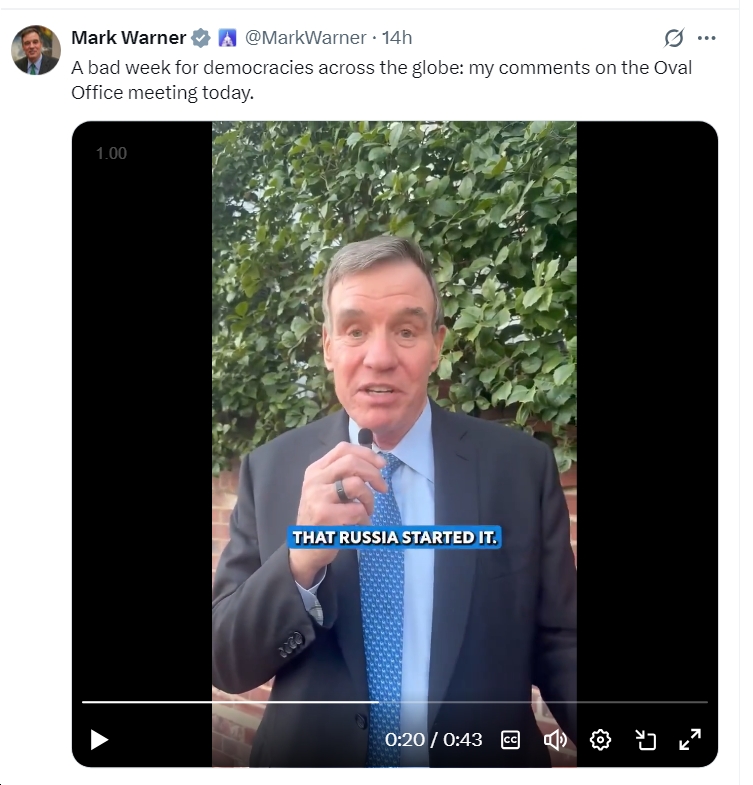From Rep. Gerry Connolly (D-VA11)’s office:
Connolly Statement on Bipartisan Postal Reform Passing the Oversight and Reform Committee
Washington, D.C. – Congressman Gerry Connolly, Chairman of the House Government Operations subcommittee, released the following statement on the bipartisan Postal Service Reform Act passing the House Oversight and Reform Committee today. The legislation is sponsored by Chairwoman Carolyn Maloney, Chairman Connolly, Ranking Member James Comer, and Rep. Virginia Foxx, and would provide financial and operational reforms to the U.S. Postal Service.
The mission of the Postal Service is “to provide the nation with reliable, affordable, universal mail service.” This mission has never been more critical than during the pandemic, as the Postal Service serves as a lifeline to communities across the country: delivering mail, critical supplies, and prescription medicines. Despite the Postal Service’s essential role, its very existence is in peril. Its financial condition has steadily declined for more than a decade, earning it a place on the Government Accountability Office’s “high-risk” list since 2009.
Reductions in mail volume and other financial challenges — some created by Congress themselves — have brought the Postal Service to an untenable position where expenses consistently outpace revenues. Meanwhile, the cost of sending mail is rising while service standards fall. In my district, for example, just across the river, the timeliness of first-class mail two-day delivery was 11.2% below the Postal Service’s own delivery target at the end of 2020. For three-to-five-day delivery it was 22.3% below its own target. We cannot let standards slip while prices increase — it’s the prescription for a death spiral. With the Postal Service Reform Act before us today, we place the Postal Service on firm financial ground.
The PSRA would boost the Postal Service’s financial outlook and drive cost savings through a handful of key provisions. The PSRA would require Postal employees to enroll in Medicare when they become eligible, which is in line with private sector practice and could save approximately $36 billion over a 10-year period.
Additionally, the bill would eliminate an ill-conceived Congressional mandate from the 2006 lame-duck session that required the Postal Service to pre-fund retiree health benefits. Since the enactment of that requirement, the Postal Service has posted net revenue losses each year ranging from $2.7 billion to $15.9 billion. Unable to make its statutorily-required payments – by the way unique to the Postal Service, required by Congress – the Postal Service racked up roughly $35 billion in unfunded retiree health benefit liabilities. Congress can fix this problem, a problem we created, by removing the pre-funding requirement, eliminating the $35 billion in health fund liabilities, and requiring the Postal Service only to fund costs incurred by current Postal Service annuitants.
Also of critical importance, the bill would codify that the postal service offer six-day delivery of mail and package delivery, integrating the network for all products. I champion the six-day mail requirement in the House each year through requirements in annual appropriations bills and am the sponsor of H.Res.114, which supports the six-day delivery standard. Six days of delivery is essential to those in rural areas, and it is a competitive advantage for the postal service.
I have added two additional provisions to the PSRA. I thank the Chair and Ranking Member for accepting them. One would bolster the long-term financial stability of the Postal Service and take advantage of its vast nationwide footprint by allowing the agency to enter into agreements with State, local, and tribal governments to provide non-commercial property and services like hunting, fishing, and boating licenses. The second provision would streamline oversight by merging the Postal Service and Postal Regulatory Commission Inspectors General (IGs) into a single IG of the Postal Service.
This bill would capture several important provisions that were not included in the first PSRA. First, it would help the Postal Service more efficiently and effectively manage mail-in ballots in federal elections by requiring all mail-in ballots to include a Postal Service trackable barcode and other stylistic attributes to make ballots easier to sort and track. It would also expand access to paid parental leave to all Postal Service employees. I plan to offer three additional provisions as amendments to the second bill.
But, again, congratulations. This is a signal event. I hope that we can have strong bipartisan support coming out of the Committee. I hope we can get it on the floor of the House and pass it and persuade our friends in the other body to do the same.
Again, congratulations Madam Chairwoman and Mr. Ranking Member.


















